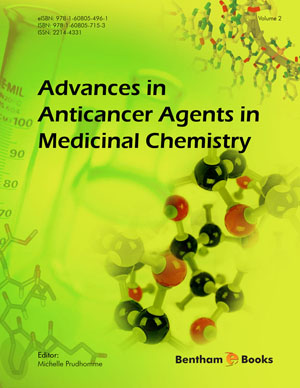Abstract
Chronic Myeloid Leukemia (CML) is a progressive myeloproliferative disorder accounting for about 20% of all leukemia cases in adults. The hallmark of the disease is a genetic translocation at the level of the long arms of chromosomes 9 and 22 resulting into the formation of BCR/ABL fusion oncogene, that in turn translates into the Bcr-Abl p210 oncoprotein. The expression and the aberrant function of Bcr-Abl p210 trigger both hematopoietic cell transformation and disease maintenance as established by experimental and clinical studies. The Bcr-Abl p210 chimeric protein is targeted by the kinase inhibitor (TKI) imatinib and its use has substantially improved the prognosis in CML patients however, the development of mutations in the ABL kinase domain often result in drug resistance. In most of the patients showing mutation the shift to second-generation of TKIs such as dasatinib and nilotinib can overcome imatinib resistance unless the occurrence of the gatekeeper T315I mutation in ABL domain, thus strategies in association with TKI, are currently being studied. In the past few years, natural products gained attention because of its potential effects to prevent cancer or to diminish the risk of tumor development and in this concern, the antioxidant and the anti-proliferative properties of bioactive components of Cynara cardunculus extracts are well known. This chapter is a focus on the medicinal chemistry and pharmacology of the sesquiterpene lactone cynaropicrin and its deacyl derivate that allows these compounds to negatively regulate bcr BCR/ABL fusion oncogene expression, thus paving the way for a novel therapeutic strategy aimed to both potentiate the effectiveness of imatinib or of its analogues and to delay or overcome the occurrence of resistance CML chemotherapy.
Keywords: Cynara Cardunculus, Chronic Myeloid Leukemia, Bcr-Abl p210 oncoprotein, K562 cell line, CML drug-resistance.




















